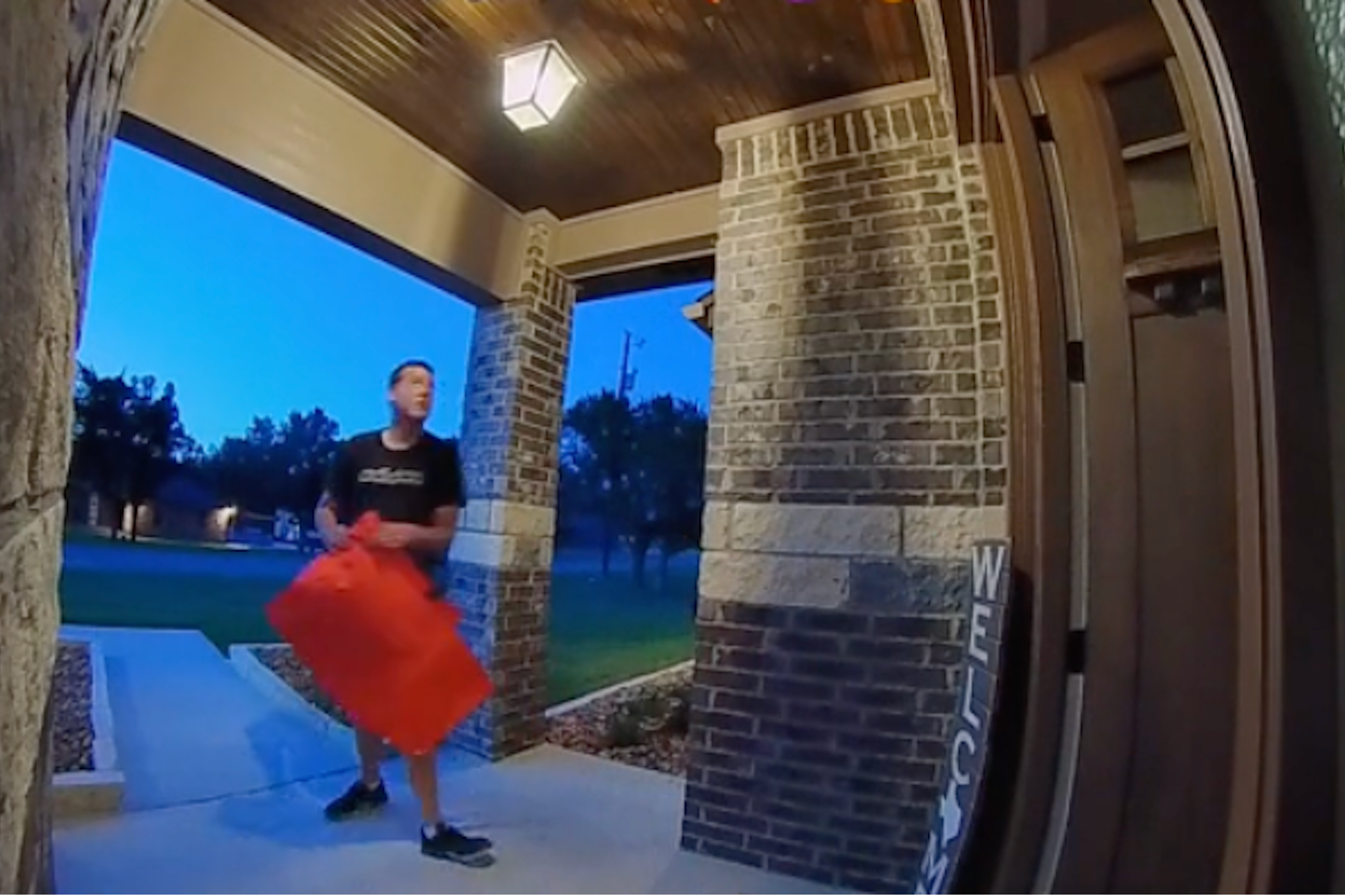Why Learning From Successes Trumps Learning From FailureSome of the most successful people espouse the 'fail fast, fail often' achievement approach. But there is another philosophy applied much less frequently which promotes the concept of learning from successes instead.
BySkip Weisman•
This story originally appeared onPersonal Branding Blog
Long-term success is contingent on continual improvement.
There are manifold continuous improvement strategies from the Japanese Kaizen to Six Sigma to personal self-reflection and meditation.
Most improvement strategies rely on identifying mistakes and taking action to ensure those mistakes are corrected and not repeated.
Some of the most successful people espouse the "fail fast, fail often" success achievement approach.
This makes a lot of sense in the context of learning what doesn't work, then making adjustments to find more effective ways to improve and get better results.
Can't argue with that approach, on the surface.
Related:5 Steps for Becoming an Indispensable Leader
Look beneath the surface and this is what you will find:
- continually looking at what you've done wrong can be demoralizing and de-motivating.
- it also forced us into a continual state of trial and error which can be exhausting.
- it can take a long time to achieve the success we desire.
There is another philosophy applied much less frequently which promotes the concept of learning from successes and building on those.
Last week I was reminded of this when I got off the stage at a recent speaking engagement in front of an audience of almost 100 business professionals.
So that I can continually improve I record all my presentations, whether they be keynote addresses, breakout session seminars at professional conferences or longer format workshops.
While relaxing poolside after a late night swim at the hotel listening to the recording I found myself focusing on the things I liked about my presentation, and the places that generated the audience response I was trying to create.
I was looking for things that worked to make sure I replicated them in future presentations.
The more of those situations I identify, the more I can keep in the show, which means the more positive experiences I can deliver for my clients.
And, more importantly, the less things I will need to "correct" because in a very short time those will become irrelevant.
Related:Could a Great Corporate Culture Be Bad for Employees?
In thinking about this I also came to the realization this approach should be applied to all facets of our business and life.
It was a lot of fun to listen to myself and look for the things I liked.
In the past it was a struggle for me to listen to a presentation when I walked off the stage because it was painful with all the focus on the things I did "wrong."
For that reason, early in my professional speaking career, I don't believe I improved as quickly as I could have.
Since I started listening for replicating the "good stuff", the quality of my presentations has significantly improved, my confidence and enthusiasm in front of my audiences has exploded, and the post event commentary from audience members has grown tremendously.
Don't get me wrong, there are still sometimes places where I cringe and wish I did or said something different. When I hear those I take note to work on improvements.
But, those are fewer and farther between these days.
Not because they're not there, it's just that the seriousness and severity of the mistake now has a higher threshold for me to even notice.
It's much more fun for me to review my presentations and build on my successes.
Try it, I'm certain you'll feel the same and be able to accelerate your success.
Here are some questions you can use:
- What worked well that we should keep doing?
- What did we enjoy most about the experience?
- How can we make those things even better next time?










